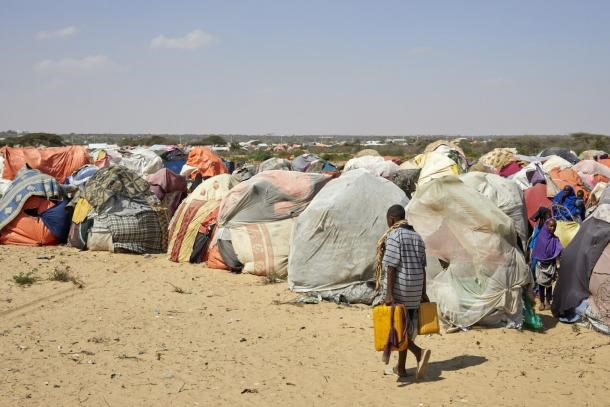Share the post "Climate change made Horn of Africa Drought and Mediterranean heat “100 times more likely.."
Climate change made both the devastating drought in the Horn of Africa and the record April temperatures in the Western Mediterranean at least 100 times more likely, according to two new scientific reports. The studies add to the growing weight of evidence about the huge socio-economic impact of heat-trapping greenhouse gases, as highlighted by WMO’s State of the Global Climate reports..
World Weather Attribution, which brings together scientists associated with the WMO community, said the April heat in Portugal, Morocco and Algeria (which was more typical of August) would have been almost impossible without climate change.
Regarding the Horn of Africa, it said that the drought was made much more severe because of the low rainfall and increased evaporation caused by higher temperatures in a world which is now nearly 1.2°C warmer than pre-industrial times.
Mediterranean Heatwave
In late April, parts of southwestern Europe and North Africa experienced a massive heatwave that brought extremely high temperatures never previously recorded in the region at this time of the year, with temperatures reaching 36.9 – 41 °C in the four countries. The event broke temperature records by a large margin, against the backdrop of an intense drought.
Across the world, climate change has made heatwaves more common, longer and hotter.
“The intense heatwave came on top of a preexisting multi-year drought, exacerbating the lack of water in Western Mediterranean regions and threatening the 2023 crop yield. As the planet warms, these situations will become more frequent and call for long-term planning, including implementing sustainable agricultural models and effective water management policies, » said Dr Fatima Driouech, Associate Professor at the Mohammed VI Polytechnic University and a prominent expert on WMO’s technical climate commissions.




